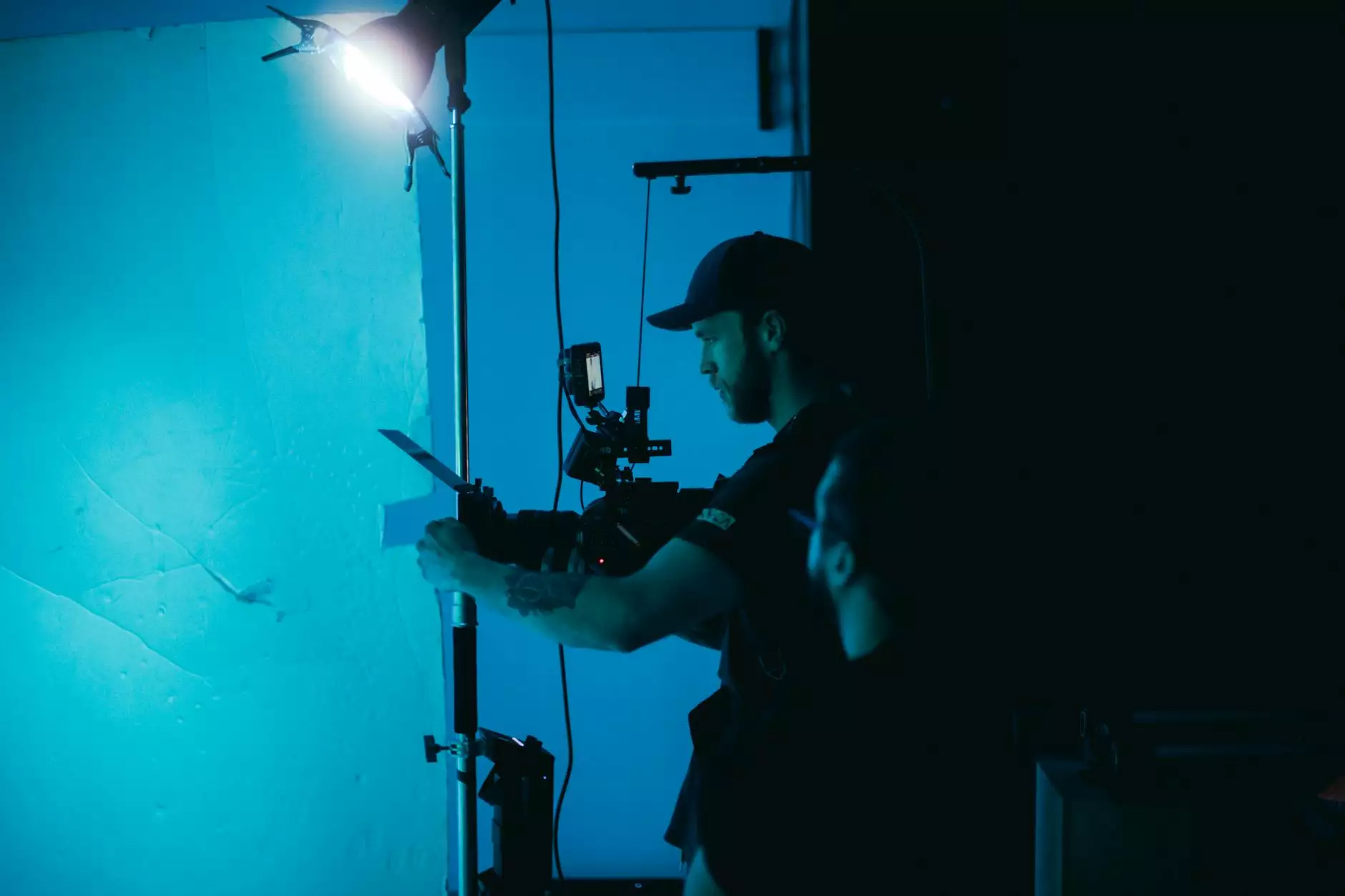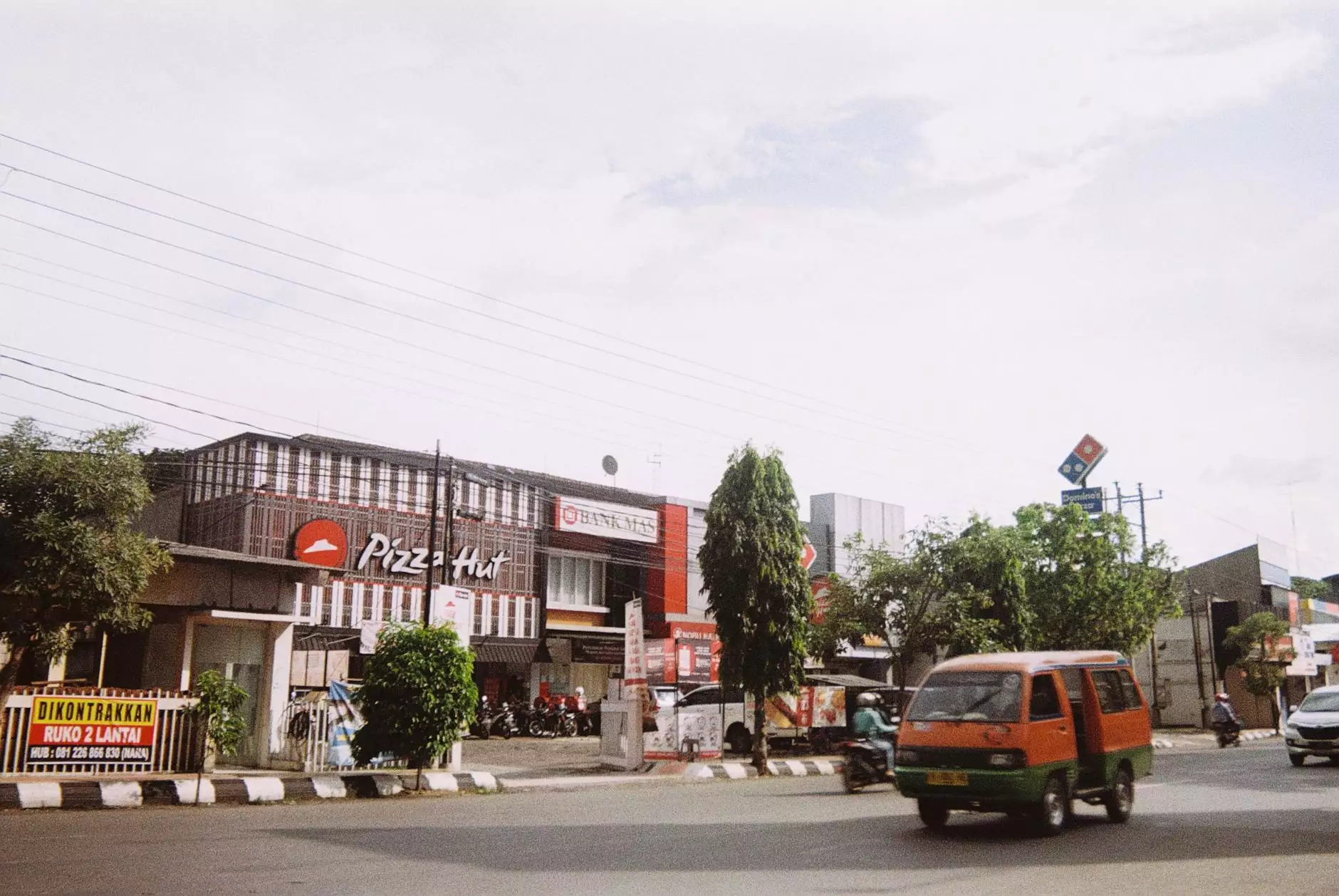Lung Cancer CT Scan: Importance, Benefits, and Beyond

Lung cancer remains one of the leading causes of cancer-related deaths worldwide. Early detection is crucial for improving survival rates, and CT scans have become an indispensable tool in the battle against this formidable disease. In this article, we will delve deep into the significance of lung cancer CT scans, the process involved, their benefits, and how they fit into the broader healthcare landscape, particularly in the context of health and medical advancements.
Understanding Lung Cancer and Its Risks
Lung cancer typically begins in the lungs, but it can also spread from other parts of the body. The primary risk factors include:
- Smoking: This is the most significant risk factor for lung cancer.
- Exposure to Secondhand Smoke: Non-smokers living with smokers are at higher risk.
- Asbestos Exposure: Work-related exposure can significantly increase the risk.
- Radiation Exposure: Previous radiation therapy to the lungs increases risk.
- Family History: Genetics can play a role.
The Role of CT Scans in Lung Cancer Detection
Computed Tomography (CT) scans create detailed images of the lungs, allowing healthcare professionals to identify abnormalities with greater accuracy than traditional X-rays. The process of getting a CT scan for lung cancer involves several steps:
- Preparation: Patients may need to avoid food and drink a few hours before the scan.
- During the Scan: Patients lie on a table that slides into the CT scanner. They must remain still as the machine takes images.
- Post-Scan: There's usually no recovery time, and patients can return to regular activities immediately.
How CT Scans Detect Lung Cancer
CT scans are particularly effective at detecting small nodules in the lungs, which may indicate the presence of lung cancer. The images produced can show the size, shape, and location of these nodules, and the scanning can also help differentiate between benign and malignant tumors.
Advantages of Lung Cancer CT Scans
The advantages of utilizing CT scans in lung cancer diagnosis are profound:
- Early Detection: CT scans can detect lung cancer at an early stage when it is more treatable.
- Non-Invasive: The process is quick and does not require surgery or significant recovery time.
- Detailed Imaging: CT scans provide more detailed images than standard X-rays, allowing for better diagnosis.
- Guided Biopsies: CT imaging can guide healthcare professionals during biopsies to ensure accurate sampling of lung tissue.
CT Scan vs. Other Imaging Techniques
When comparing CT scans with other imaging techniques, such as MRI or traditional X-rays, CT scans offer distinct advantages for lung assessment:
- Speed: CT scans are typically faster than MRIs.
- Clarity: CT scans provide clearer images of bone structures and the lungs themselves.
- Widespread Availability: CT machines are widely available in healthcare settings.
Eligibility and Recommendations for Lung Cancer Screening
Not everyone needs a lung cancer CT scan. The screening guidelines typically recommend:
- Adults aged 50 to 80 years who have a history of heavy smoking (30 pack-years).
- Current smokers or those who quit within the last 15 years.
- Individuals who have not experienced any symptoms of lung cancer.
It’s essential for individuals at risk to discuss with their healthcare providers whether lung cancer screening is appropriate for them.
Potential Risks and Considerations of CT Scans
While CT scans are instrumental in diagnosing lung cancer, they do come with some risks. These can include:
- Radiation Exposure: CT scans expose patients to more radiation than standard X-rays. However, the benefits of early detection often outweigh this risk.
- False Positives: Sometimes, CT scans can show abnormal results that require further examination, which may lead to unnecessary stress and procedures.
- Cost: Depending on one's healthcare plan, CT scans might be a financial burden for some.
After a Lung Cancer CT Scan: Understanding the Results
Receiving the results from a lung cancer CT scan can be anxiety-inducing. Here’s what patients can expect during this phase:
- Interpretation by a Radiologist: A radiologist will analyze the images and provide a report indicating any findings.
- Follow-Up Appointments: Patients may need to return to their healthcare provider to discuss the results and any necessary next steps.
- Additional Testing: If abnormalities are found, further testing, including biopsies or additional imaging, may be recommended.
The Future of Lung Cancer Screening and Technology
As technology continues to evolve, the future of lung cancer screening looks promising. Innovations may include:
- Artificial Intelligence: AI can assist in analyzing CT images, potentially improving accuracy in detecting tumors.
- Low-Dose CT Scans: Ongoing research is focusing on reducing the radiation dose while maintaining diagnostic efficacy.
- At-Home Testing: Future possibilities may include home tests for early markers of lung cancer risk, providing broader access and early intervention opportunities.
Getting Support and Resources
Navigating a lung cancer diagnosis or potential diagnosis can be challenging. Resources are available to assist patients and their families:
- Counseling Services: Speak with professionals who specialize in coping strategies.
- Support Groups: Connecting with others facing similar challenges can provide immense emotional support.
- Online Resources: Websites such as the American Cancer Society offer valuable information about lung cancer.
Conclusion: The Vital Role of Lung Cancer CT Scans
Lung cancer CT scans play a pivotal role in early detection and treatment, offering hope to millions. By embracing advanced diagnostic techniques, like CT imaging, the healthcare community continues to improve outcomes for patients at risk of lung cancer. As technology progresses and more research is conducted, the potential for earlier diagnosis and better treatment options will only increase, giving individuals the best chance at a positive outcome.
For those considering a lung cancer CT scan or seeking more information about lung health, Hello Physio provides a wealth of resources tailored to Health & Medical, Sports Medicine, and Physical Therapy, aiding in an all-encompassing approach to lung health and well-being.









